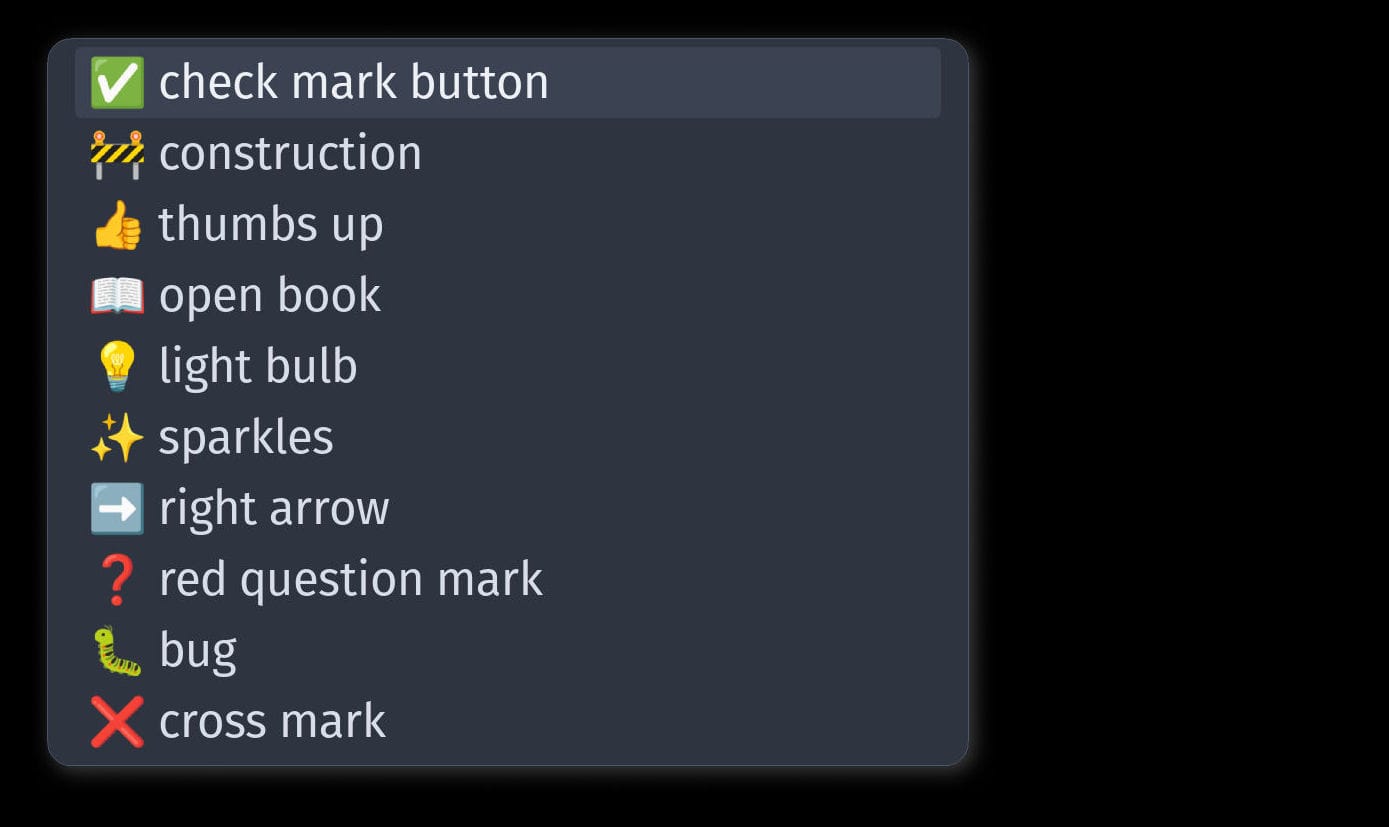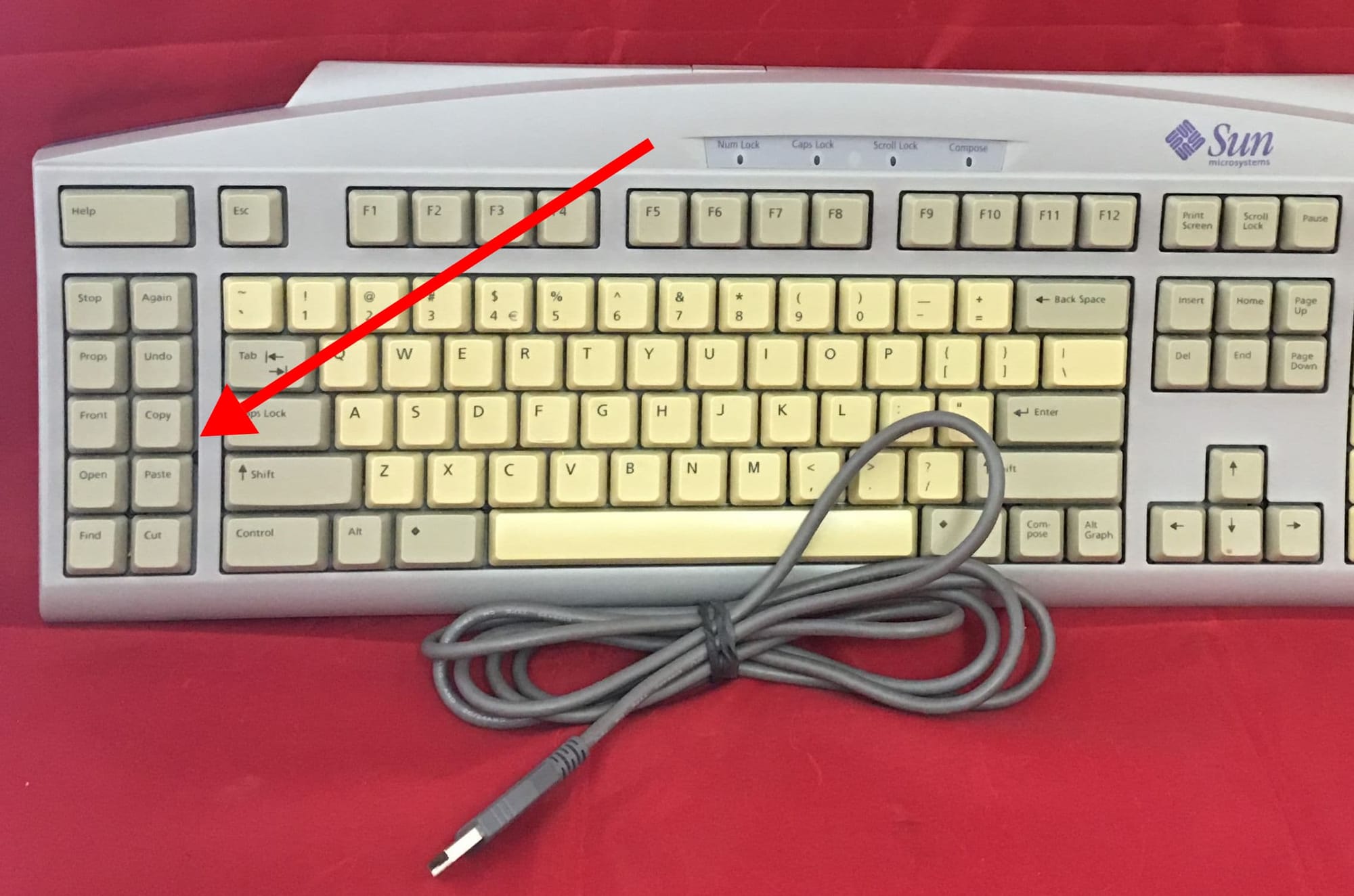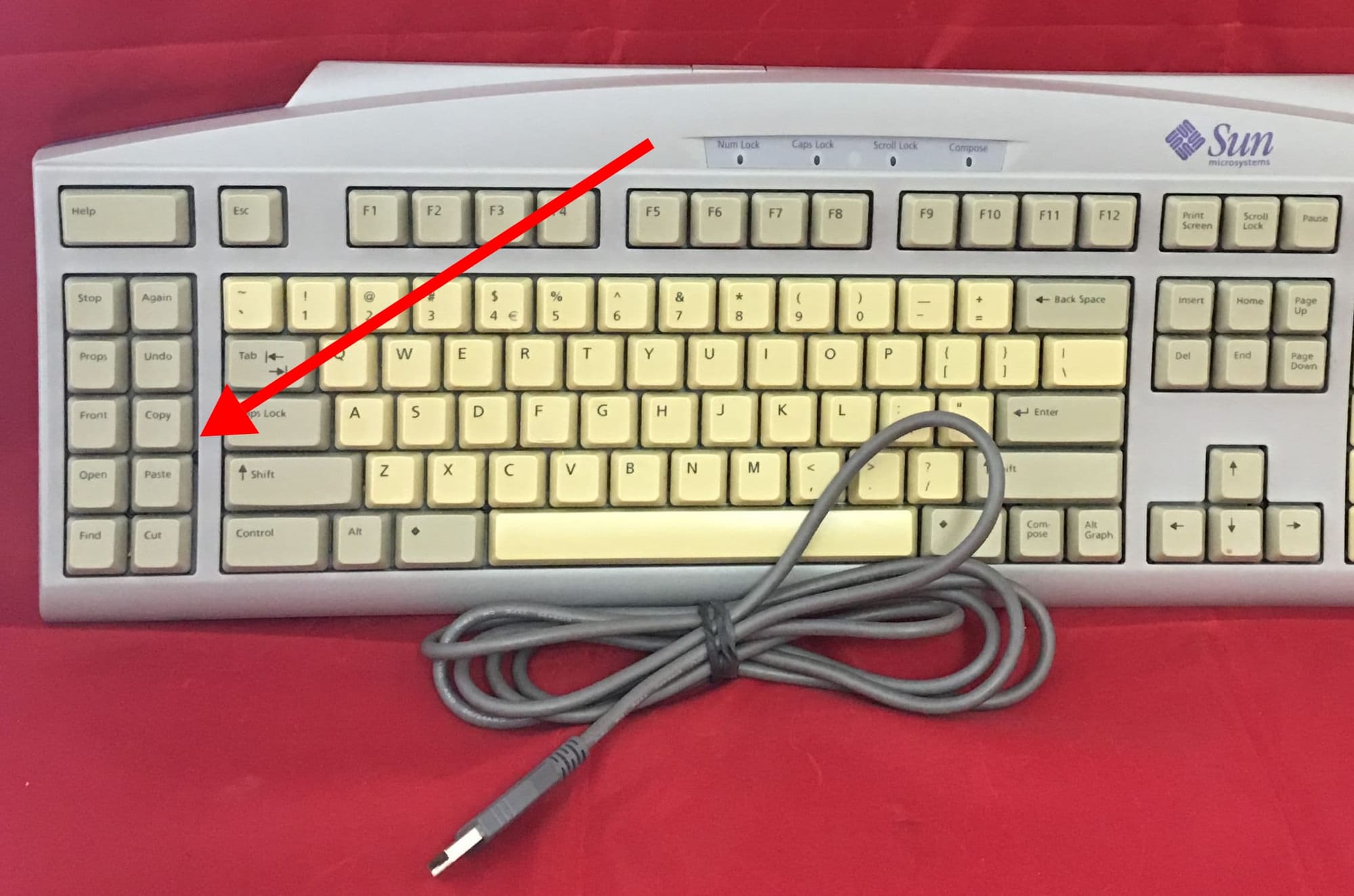Let me get this straight, you want to suspend AND resume?
- 10 Posts
- 361 Comments
Many smaller projects not explicitly supported by the vendor only make new releases and don’t also maintain a stable version.

 12·18 days ago
12·18 days ago$70 if you hand deliver it to me. It’s my final offer.

 13·22 days ago
13·22 days agoThe motivational component hits first. Developers lose the ability to push through tasks.
Eh… they lose the motivation to fix issues for free that don’t affect them. Crazy, I know.
More software I wanted was packaged for Arch than Ubuntu.

 6·28 days ago
6·28 days agoSay you rented a server at Amazon and ran your own VPN server software on it. Not that hard. The server could expose an HTTPS endpoint.
VPN software on your laptop connects to that.
From the network level, it appears you spend a lot of time connected to the same random website, hosted on some IP not owned by a VPN company.
A floppy disk is fine, just like Photoshop uses terms like dodge and burn, references to obsolete dark room methods, like cutting and “pasting” were literally how some layout projects worked.
Referencing the last physical incarnation of saving a file seems fitting!
Because less than 1% of users would use it and your trusting the security of not one bit partner but thousands of ever-changing small partners.
Also, email is already federated.

 2·1 month ago
2·1 month agoYes. I used CVS when it was the best option. If I recall, CVS made it easy to check out a different version of only one fail, making it easy to put a system in an inconsistent state.
For modern VCS that’s pleasant to learn and use but won’t scale to the Linux kernel, I recommend Darcs.
A single binary, interactive commands and online help.

 4·1 month ago
4·1 month agoCVS does not even support atomic commits across four files.

 101·1 month ago
101·1 month agoYou used CVS and it wasn’t a drugstore.
But you haven’t even heard the theories!
Xh is my favorite— a rewrite of httpie with some fixes.

 9·2 months ago
9·2 months ago7” is a tablet.
The post suggests that Cloudflare is donating $100k to Omarchy, but no figure is given by Cloudflare. Cloudflare’s press release reads more services in kind for an open source project— something many tech firms already offer without a check on the politics of the maintainers first.

 4·2 months ago
4·2 months agoI haven’t heard of that happening much outside of law enforcement raid.
Laptops, yeah. But stories of homes being broken into to steal servers?

 8·2 months ago
8·2 months agoWhen was the last time you saw a headline: “Thieves steal home lab”?

 3·3 months ago
3·3 months agoThe encoding format of URLs is URL encoding, also known as percent-encoding. Content in the URL may be first encoding in some other format, like JSON or base64, and then encoded additionally using percent-encoding.
While there is a standard way to decode percent-encoding, websites are free to use base64 or JSON in URLs however they wish, so there’s not a one-size-fits-all way to decode them all. For example, the “/” character is valid in both percent-encoding and base64-encoding, so to know if it’s part of a base64-encoded blob or not, you might end up trying decoding several parts of the URL as base64 and checking if the result looks like URL-- essentially brute force.
A smarter way to do this might be to maintain a mapping between your favorite sites that you want to decode and what methods they use to encode links. Then a tool could efficiently directly decode the URLs embedded in these click trackers.

 11·3 months ago
11·3 months agoLol. After professionally hosting email for 15 years I’m happy to let someone else handle it now.
About 90% of incoming mail will be spam and it will be your job to make sure you are doing good job of classifying it so you don’t get junk in your inbox and don’t lose real mail in the spam folder.
Then for outgoing mail you need to make sure SPF, DKIM and DMARC are all in order.
Then there is all the usual stuff of security updates, backups, monitoring, alerting, logging and having a plan for internet outages.
Yes, it’s all doable but I won’t expect it be “set and forget”. I expect there will be quite a bit of tuning with some possible spam and delivery problems while you get kinks worked out.













But companies like to make money default though.